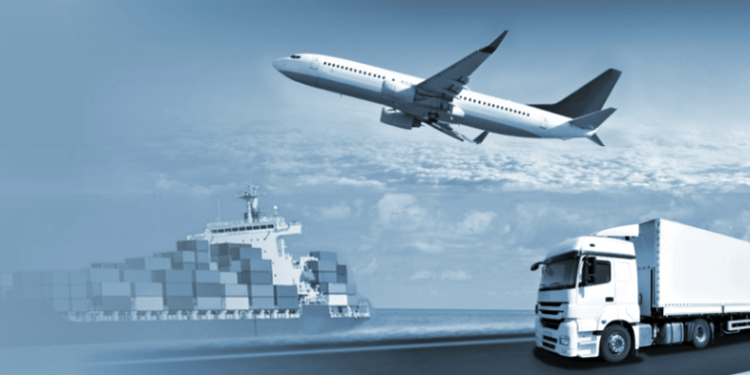Climate change is one of the many impacts of human intervention in the natural cycle of mother nature. Human action is triggering a dramatic rise in the build-up for greenhouse emissions, most especially carbon dioxide, contributing to the atmosphere of the earth being locked in the sun.
Logistics companies are undoubtedly one of the most closely sensitive to the degradation taking place among all the sectors that have to take some responsibility for changing climate, as weather patterns cycles, severe hurricanes, impacted sea routes and ecological transformation would all make a huge impact on their operations, causing existing market practices and trade routes to be changed or dropped.
- Infrastructure degradation
Things work as a warning that the conditions are particularly vulnerable to factories, bridges, railroad tracks, power stations, and several other vital structures. Conditions such as excess flooding, drought, fires, heat waves, and desertification, to mention a few, severe weather events may have devastating effects on the growth and transportation of products.
- Rising logistics costs
The practical realization and effect of that realization on transit expenditure have become one of the greatest impacts. Environmental laws require several industries to identify products and technologies that are environmentally efficient. A massive rise in freight prices due to the 2020 commencement of sustainable reefer fuel reforms, whilst this would be very beneficial for our world, this climate change has undoubtedly triggered a major cost effect.
- Storage of unfinished and finished goods
storage and/or warehousing, whether as overt or covert contributors, bear some effects of changing climate’s effect. Huge volumes of goods unattended in a factory can appear questionably polluting, but the precious property is also taken up by factories, and services are used. There are broad building footprints that retain and reflect thermal energy, and installations that run and regulate the environment using large quantities of electricity.
- Technology and its influence
A variety of devices and software solutions comprise smart logistics software that track, refine and control activities and are used for the architecture of transportation systems, the successful management of centralized delivery networks, intermodal load changes, eco-driving, etc.
The implementation of such technology decreases stock storage capacity, fuel consumption, cumulative kilometers driven as well as the rate of empty or partly filled cars. The prospects from which Information technology could mitigate pollution across logistics units include dematerialization, intelligent motor networks, smart logistics, intelligent buildings plus smart grids.
Conclusion:
Global logistics units have been impacted severely by climate changes, and more so recently. Major weather events as well as other global climate change occurrences can destroy power facilities and warehousing, interrupt processes, dislocate projects and consumers, decrease productive capacity and minimize market demand, decimate supplies for reproduction, etc. Through extensive research, our team of researchers has jotted the possible impacts on global logistics of climate change through this read and we hope the explanations were helpful.
Author:
I’m Jaylin: Guest post service planner of Leelija and full time blogger. Favourite things include my camera, traveling,caring my fitness, food and my fashion. Email id: editor@leelija.com










